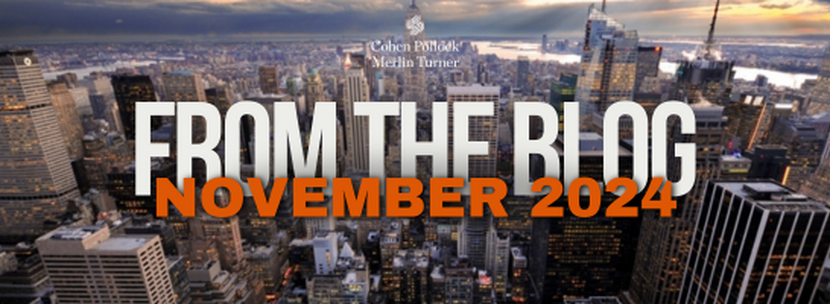
The legal profession is undergoing a technological revolution as artificial intelligence (AI) reshapes how legal tasks are performed.
ChatGPT and other generative AI tools have become a resource for many laypeople who want to understand more about legal practices.
But will AI ever replace real lawyers?
AI's Role in Legal Practice
AI has proven its ability to handle large volumes of data, identify patterns, and execute repetitive tasks with remarkable speed and accuracy.
For example, AI tools can review vast databases to uncover relevant legal precedents in seconds—a task that might take junior associates hours or even days.
This efficiency allows legal professionals to focus on more strategic and intellectually demanding aspects of their work.
However, AI is not without flaws. One of the most well-documented risks is the generation of "hallucinated" citations. This refers to seemingly legitimate legal references that are entirely fabricated.
These errors, while rare, can have serious consequences if not identified and corrected by a human reviewer. As noted in the Federal Bar Association's report, "Even the most advanced AI systems require rigorous human validation to ensure accuracy and reliability."
Still, AI tools can be helpful for learning about general legal ideas. For example, this month on our podcast, our colleague Tony Turner tested how ChatGPT performs when asked, "Do I need a trust?"
He described the answer he was provided as "a great summary" but pointed out that the answer had some inaccuracies and overall would not meet the specific needs of a potential client.
The Ethical Imperative of Human Oversight
The fact of the matter is that the law is a gray area that must be traversed with nuance and caution and can have an enormous ethical impact.
Legal professionals must navigate complex moral and ethical landscapes, all while balancing confidentiality, loyalty, and competence.
While powerful, AI tools cannot fully comprehend or navigate these nuances.
In other words, the ethical questions raised by legal challenges need to be addressed with emotional intelligence, something that AI is not equipped to handle.
Collaboration is The Future of Legal Practice
The future of law in the United States should be a collaboration between human expertise and AI capabilities.
AI excels in handling the repetitive and analytical tasks that often bog down legal professionals.
However, as our colleague Michelle Koufman points out in this month's podcast, "no matter what AI looks like… now or in 20 years, I don't think the human element can be replaced."
After all, humans bring the critical thinking, creativity, and empathy that are required for complex decision-making.
This symbiotic relationship is already taking shape in many law firms, where AI tools act as a helpful resource rather than as any kind of replacement for human lawyers.
AI is undeniably transforming the legal profession. These tools can help provide unprecedented efficiency and may aid everyone in better understanding general information about the law.
Yet, the level of nuance that AI tools yield is less than satisfactory if you want legal counsel that will hold water in the courtroom.
As we move towards the future, more law practitioners may use AI as a resource, but there's little chance of replacing the need for humans in the field.


